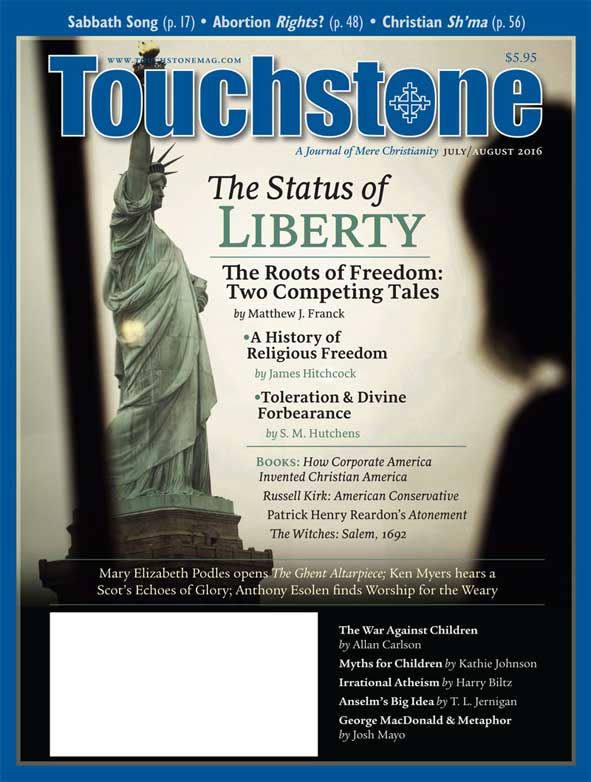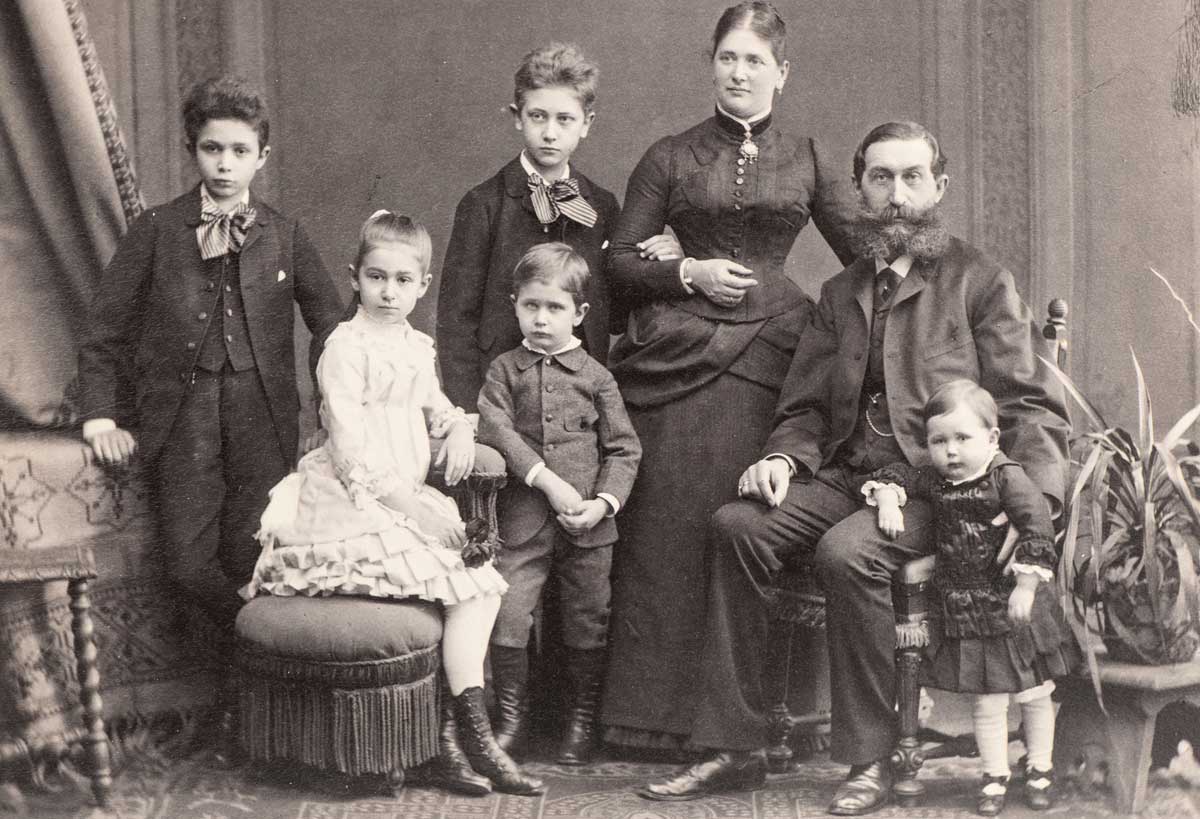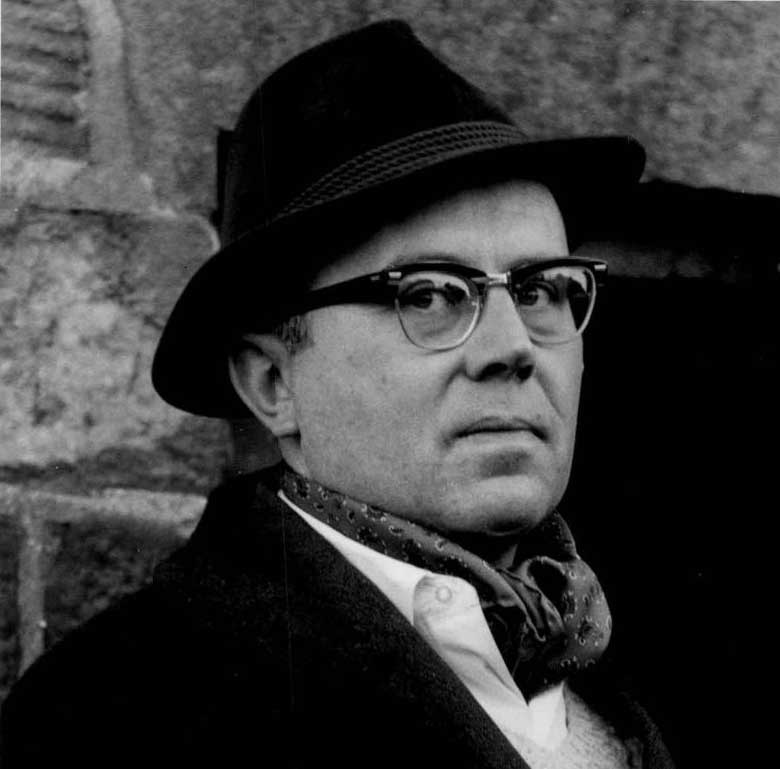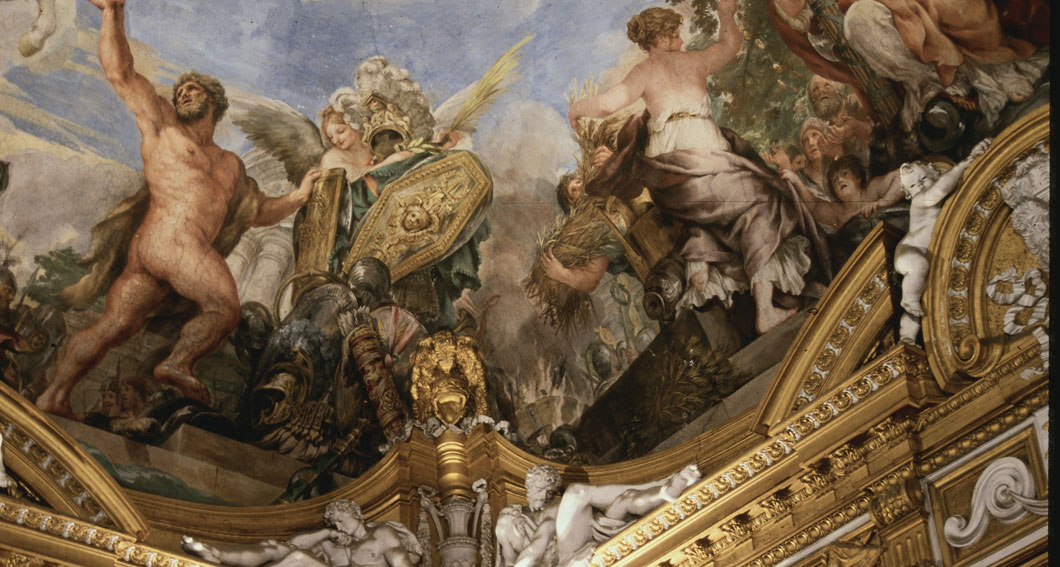Review
The Business
of Faith
One Nation Under God: How Corporate America Invented Christian America
by Kevin Kruse
Basic Books, 2015
(384 pages, $29.99, hardcover)
Just a guess, but I suppose most of us Touchstonians take a dim view of religion's decline in importance since the 1950s. Politically conservative Christians are indignant at being ungently evicted from what Richard John Neuhaus taught us to call the "public square." Social conservatives take alarm at the degree to which Christian standards of public and private behavior have ceased to be respected. Because many of us are both politically and socially conservative, we are more than participants in these changes. We are partisans. We normally prefer partisan accounts of our situation to versions from the side that calls itself "progressive."
About non-partisan accounts we may have no view, however, because they are very rare. But that's what Kevin Kruse, a professor of contemporary American history at Princeton, has succeeded in writing. Without obvious political or religious bias, he defends an original historical hypothesis and by its light recounts the genesis and aftermath of the religious heyday of the 1950s.
Naturalistic, secular histories never provide the whole story, but Kruse's hypothesis sheds a great deal of light. He makes a strong case for placing the roots of 1950s Christian pre-eminence further back than we are accustomed to looking, and in different soil. His story begins with the intensely political machinations of a coalition of Christian business tycoons who were opposed to Roosevelt's New Deal and were willing to put their Christian beliefs in the service of defeating it.
Kruse neither laments nor praises the decline in Christian faith since the 1950s. His focus is on a number of religious beliefs and practices that came into existence during that decade and have since been projected back into history as immemorial guiding principles of American political life. The phrase, "one nation under God," taken from the Pledge of Allegiance, and serving as the title of Kruse's book, is a perfect illustration. The crucial two words "under God" were added to the Pledge by an act of Congress on Flag Day, June 14, 1954, with bipartisan blessing and nearly seventy percent popular support. But even as he altered the Pledge by law, President Eisenhower subtly represented it as merely a legal endorsement of a timeless reality. "From this day forward," he announced, "the millions of our school children will proclaim daily in every city and town, every village and rural school house, the dedication of our nation and our people to the Almighty."

Fifield & Fish Bones
Kruse tells the story of how this and many other advances in public piety achieved in the 1950s depended on an indefatigable and widespread alliance of conservative business leaders, evangelists, and churchmen for whom a defense of free-market principles was at least as important as the religious content of the new conventions and practices. The story begins at a massive National Association of Manufacturers (NAM) convention, held at the Waldorf Astoria Hotel in 1940.
Over five thousand industrialists attended the convention, and they numbered among their speakers powerful representatives of America's wealthiest corporations, including General Electric, General Motors, Standard Oil, Mutual Life, and many others. They lamented the way the prestige of business had suffered in the previous decade. Roosevelt and his allies had dressed the New Deal in the garb of the social gospel, and liberal clergymen had lined up to call the welfare state "the Christian thing to do."
Sounds a lot like today: big business out in the cold, appearing to be little more than godless individualism in pursuit of gain. Then, as now, there appeared to be no likelihood of change. But back then change was coming.
An unheralded Congregationalist clergyman from Los Angeles, James W. Fifield, Jr., would steal the show at the NAM convention. Fifield convinced the tycoons in attendance that clergymen could be mobilized to "give voice to the same conservative complaints as business leaders, but without any suspicion that they were motivated solely by self-interest." Churchgoers could be taught to shake off false liberal promises of political utopia and focus on the real religious task of saving lost souls. Faith could be associated with freedom and the New Deal with the soul-destroying conformism of the Communist East. The Bible might have to be modified a little to make such a clear-cut distinction, but Bible reading, as Fifield liked to say, is "like eating fish—we take out the bones to enjoy the meat."
Graeme Hunter is a contributing editor to Touchstone and Research Professor of Philosophy at Dominican University College in Ottawa. He is the author of Radical Protestantism in Spinoza's Thought (Ashgate).
subscription options
Order
Print/Online Subscription

Get six issues (one year) of Touchstone PLUS full online access including pdf downloads for only $39.95. That's only $3.34 per month!
Order
Online Only
Subscription

Get a one-year full-access subscription to the Touchstone online archives for only $19.95. That's only $1.66 per month!
bulk subscriptions
Order Touchstone subscriptions in bulk and save $10 per sub! Each subscription includes 6 issues of Touchstone plus full online access to touchstonemag.com—including archives, videos, and pdf downloads of recent issues for only $29.95 each! Great for churches or study groups.
Transactions will be processed on a secure server.
more on america from the online archives
more from the online archives
calling all readers
Please Donate
"There are magazines worth reading but few worth saving . . . Touchstone is just such a magazine."
—Alice von Hildebrand
"Here we do not concede one square millimeter of territory to falsehood, folly, contemporary sentimentality, or fashion. We speak the truth, and let God be our judge. . . . Touchstone is the one committedly Christian conservative journal."
—Anthony Esolen, Touchstone senior editor













